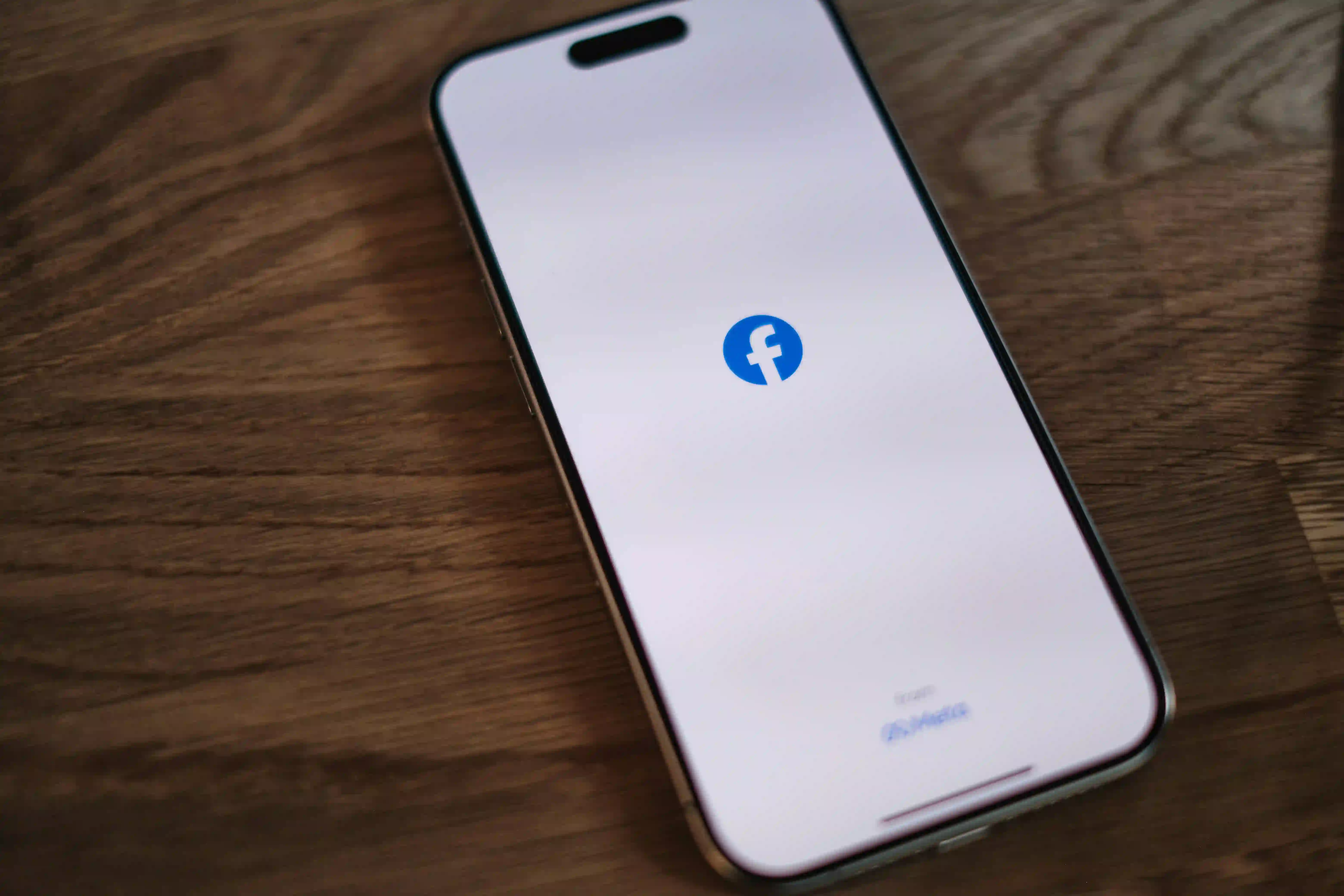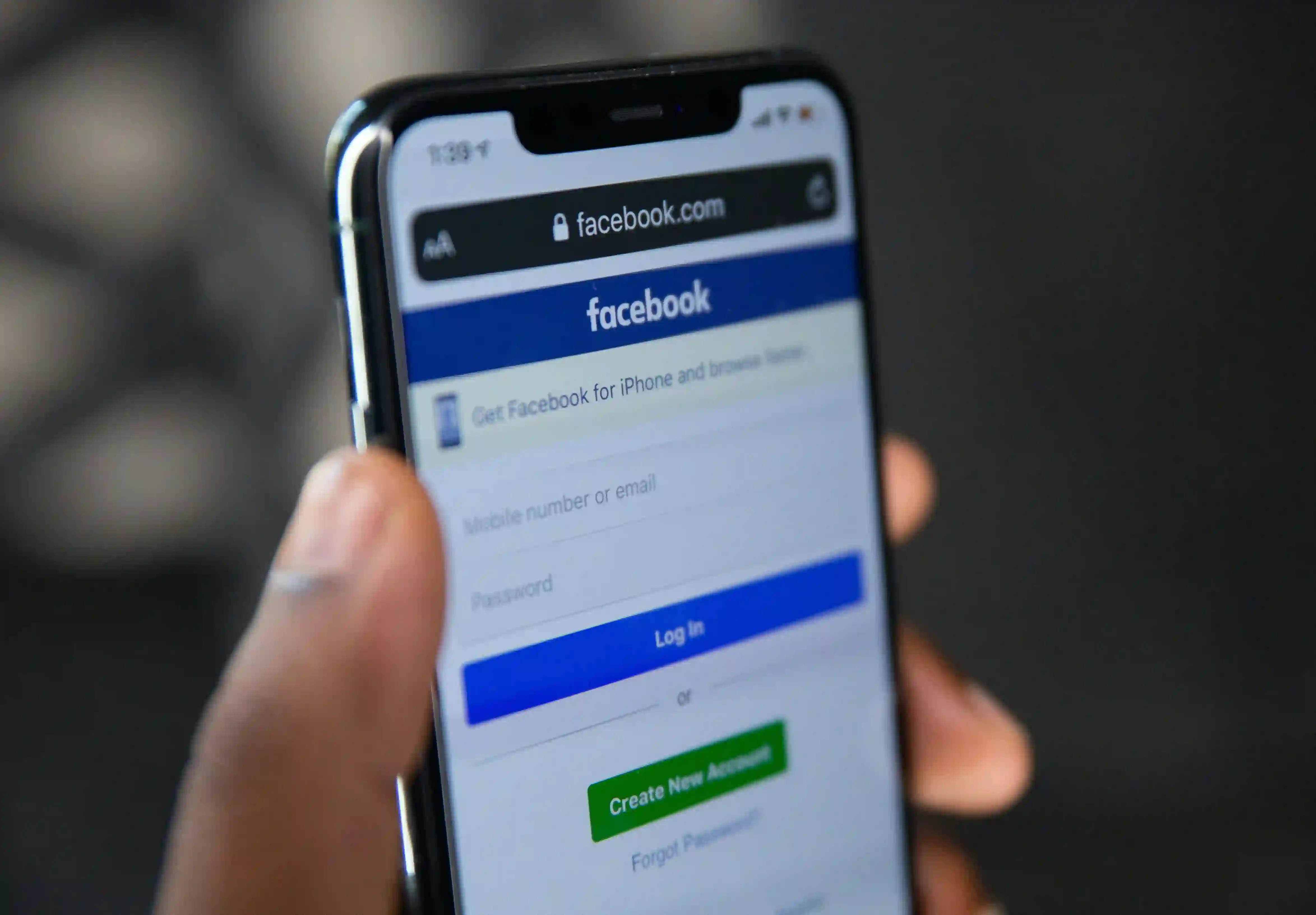The Lowdown on Facebook Dating Scams

Keep your eyes peeled for Facebook dating scams.
Facebook has come a long way since its inception in 2004. What was initially a connector for Harvard students is now arguably the largest social media platform globally. But with that rise came the emergence of bad apples. Among them are Facebook dating scams.
Finding love isn’t a criminal offense. However, criminals are making a fortune by pretending to be romantics. The dating scene is already challenging enough, and they’re making it harder for people who only want to find their other half.
With the many users on the platform, we can’t perfectly filter well-meaning daters from scammers. This guide isn’t the be-all and end-all, but it aims to point you in the right direction.
Facebook Dating in a Nutshell
Millions worldwide use Facebook to keep in touch with family and friends. However, some use it as a platform to find romantic matches.
Facebook Dating was launched on September 5, 2019, to serve that niche and is available to users aged 18 and older.
Facebook founder Mark Zuckerberg emphasized convenience as one of its biggest draws. Thanks to this integration, users don’t need to download a separate app. Registration is quick because it utilizes existing details on users’ Facebook profiles.
Online Privacy and Security Concerns
Much like its counterparts, Facebook Dating has its share of issues. It’s not immune to opportunists with malicious intent.
Meta has access to every bit of user data, from matches to interactions. While this contributes to the user experience, it can also pose a risk. Let’s recall Facebook’s controversy with Cambridge Analytica.
Cambridge Analytica was a consulting company that specialized in using data science to roll out targeted political campaigns.
On March 17, 2018, The Guardian and The New York Times published a story from a company whistleblower who stated they had used the profiles of 50 million Facebook users to develop their efforts in microtargeting (2023).
Facebook replied that they suspended Cambridge Analytica’s (and its affiliate organization’s) access to data. They also clarified that this wasn’t a data breach. Users provided consent when they agreed to the platform's terms and conditions. But many were enraged.
So, a few days later, they made changes to the platform’s privacy and security policies. If you use your Facebook account to log in to a third-party application, you’re only agreeing to share your data with an outside company. They won't harvest data from your social media connections, especially without permission.

Scammers’ determination is the reason FB romance scams are a longstanding problem.
Still, it doesn’t erase the risk that your data could fall into the wrong hands. If not accidentally clicking a link or agreeing to terms and conditions, criminals can forcibly take it from you.
A good chunk of relationship scams on Facebook happen through hacking.
Hackers purchase data, not directly from Facebook, but from third-party organizations. If they don’t have the means to buy information, they’re not above stealing. And there are various ways they can do that.
Hackers can perform phishing operations to trick users into granting them access to their information, including login details and platform activities.
If they’re skilled enough, they can find and exploit security loopholes in Facebook’s system. Once they get past that, then the platform’s information is all there for their taking.
Meta admits that Facebook dating scams have been a longstanding problem due to the scammers’ determination (2024).
Common FB Romance Scams to Watch Out For
What should Facebook daters be on the lookout for?
Sextortion is among the usual schemes scammers employ on the platform. Since they know how vulnerable sharing explicit content is, they usually send one first to encourage victims. They disguise this manipulative tactic as a spontaneous moment, subtly cornering people into compromising situations.
Scammers continue this exchange for a while to collect blackmail material right under their victims' noses. They’ll eventually drop their act and threaten to leak the content to their loved ones. Unfortunately, they won’t stop until they get what they want.
Catfish scams on Facebook are also aplenty. Catfishers steal pictures of real people and use them to create fake profiles and cheat people out of their money.
If they’re not using a specific type of scam, scammers normally go for the run-of-the-mill romance scams.
Operations usually last from weeks to months. If they’re bold, they can keep them going for years. All they need is enough time to build their victims’ trust.
Once enough trust has been established, they’ll paint scenarios where money is needed. Examples of such include sick family members, rent money, and financial emergencies.
Scammers will create a false sense of urgency to manipulate guilt, sympathy, and empathy. They’ll continue this loop until they get caught, turned down, or run out of money to steal.
A Horror Story of a Facebook Romance Scam
There have been numerous reports of Facebook relationship scams over the years.
CBS News reported one such tale. In 2024, they shared the story of Liza Likins, a backup singer, falling for a phony.
She joined Facebook Dating sometime after her husband’s passing in 2020. She met a man named Donald who claimed to live in Australia.
From there, she decided to enter into an online relationship with him. The singer spoke with him for four to five hours daily, forging a close bond.

Catfish scams on Facebook are common. Always confirm your match’s identity.
Later on, he began asking for money. Linkins sent some of her savings, but she eventually sold her house after believing his claim of being unjustly arrested and needing bail money.
Donald told her he’d be coming to the United States to be with her. But eventually, the singer realized it was all a sham. Likins admitted to experiencing traumatic shock from the incident.
The singer sought assistance from Social Catfish, a reverse search engine company. They told her that “Donald” was a fake identity. The photos, however, were of a real person.
A German man named Raho Bornhorst was the unfortunate one whose photos were stolen and used for over 100 fake profiles. He shared that he spoke to many of the scam victims and collected numerous screenshots of suspicious activity.
What Has Meta Done to Protect Its Users?
Meta has an automated system in place to remove fake accounts and prevent Facebook dating scams. But they’re aware that bad actors won’t stop there. So, they’ve released additional safety measures on their platforms.
Times Now reports that Meta has rolled out Safety Notices on Facebook Messenger to warn users when they’re chatting with suspicious parties. The feature also tells people whether the person on the other end is from a different country or not.
According to 10 Boston, the company is also using facial recognition technology to fish out scammers. This technology compares suspicious images to a public figure’s picture. But as of writing, it’s only effective on celebrity impersonations.
Meta also reported that it removed 827 million fake Facebook profiles from July to September 2023. 99% of those accounts were wiped out before they were tipped off (2024).
Hopefully, these numbers and beefed-up safety features will put you at ease. But don’t get too complacent and forget about user vigilance. You can never be too careful on the internet.
Facebook dating scams are showing no signs of stopping. The best you can do is stay sharp while exploring prospects.
References:
Harbath, Katie. 2023. “History of the Cambridge Analytica Controversy.” Bipartisan Policy Center. https://bipartisanpolicy.org/blog/cambridge-analytica-controversy/.
Werner, Anna. 2024. “She Fell for a Romance Scam on Facebook. The Man Whose Photo Was Used Says It’s Happened Before.” CBS News. https://www.cbsnews.com/news/romance-scams-fake-photos-facebook/.
Updhyay, Bharat. 2025. “Meta Warns Of Romance Scams On Facebook, Instagram And WhatsApp: How To Be Safe.” Times Now. https://www.timesnownews.com/technology-science/meta-warns-of-romance-scams-on-facebook-instagram-and-whatsapp-how-to-be-safe-article-118232252.
The Associated Press. 2025. “Looking for Love This Valentine’s Day? Don’t Fall for Social Media Romance Scams.” NBC Boston. https://www.nbcboston.com/entertainment/the-scene/valentines-day-instagram-romance-scams/3630467/.
